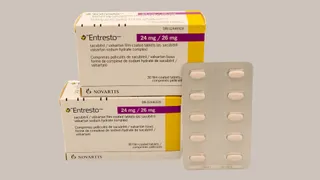
On the right track: the road to innovation in Brazil
Currently the world’s sixth-largest economy and one of the most promising for the 21st century, Brazil is now facing a big challenge to ensure innovation and intellectual property grow at a similar rate, key to a solid economic growth and to ensure the country will be able to keep up with other players in the global economy. IP laws and practices are on the top of the Brazilian government’s agenda.
Already registered?
Login to your account
If you don't have a login or your access has expired, you will need to purchase a subscription to gain access to this article, including all our online content.
For more information on individual annual subscriptions for full paid access and corporate subscription options please contact us.
To request a FREE 2-week trial subscription, please signup.
NOTE - this can take up to 48hrs to be approved.
For multi-user price options, or to check if your company has an existing subscription that we can add you to for FREE, please email Adrian Tapping at atapping@newtonmedia.co.uk

